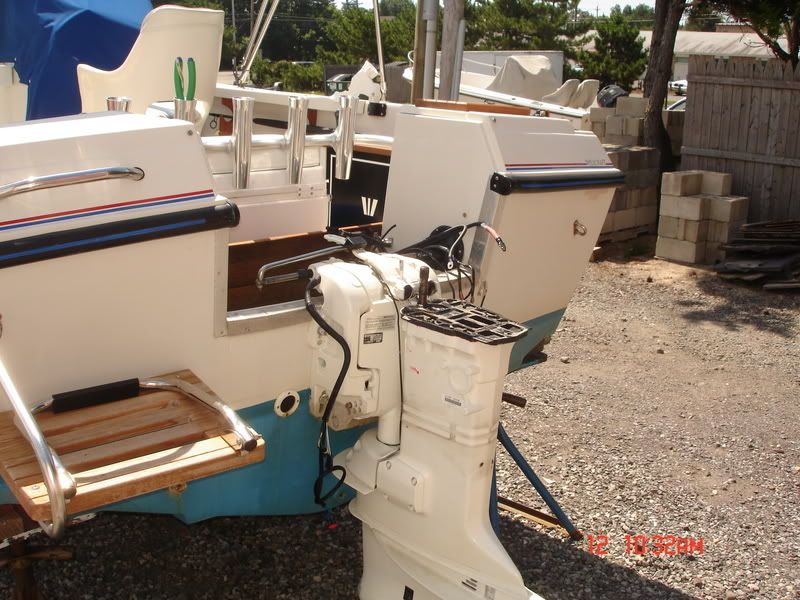RWilson2526
God
I have a friend thinking of buying a used boat....trying to convince him to get a V-20 but I dont think he wants one....so he is not that good a friend.
Anyway....on ebay and Craigslist many advertisements state hours on the engine. how many is too many? I know the maintenance history is much more important than total hours but when someone says "only 300 hours" is that really only a little?
Anyway....on ebay and Craigslist many advertisements state hours on the engine. how many is too many? I know the maintenance history is much more important than total hours but when someone says "only 300 hours" is that really only a little?





